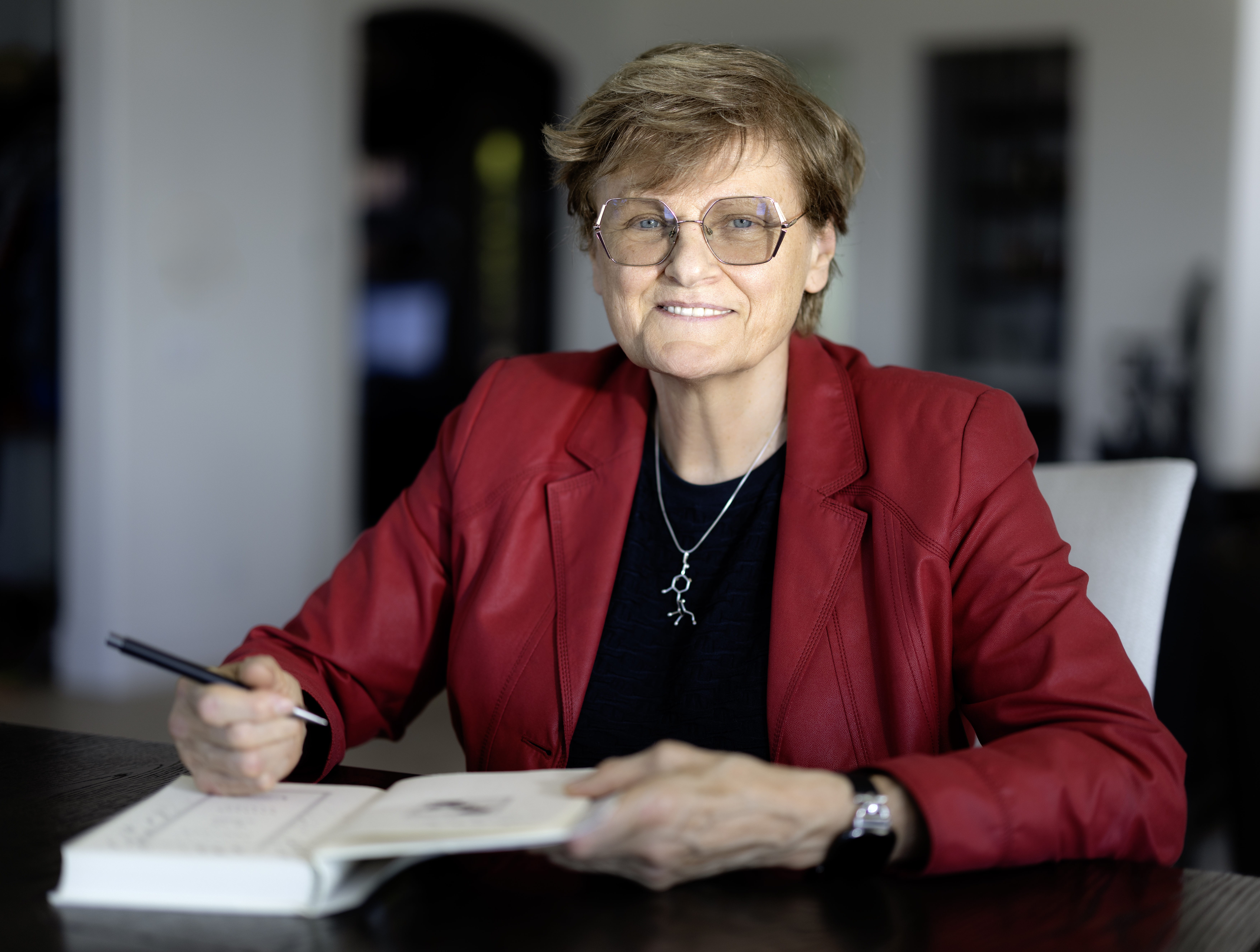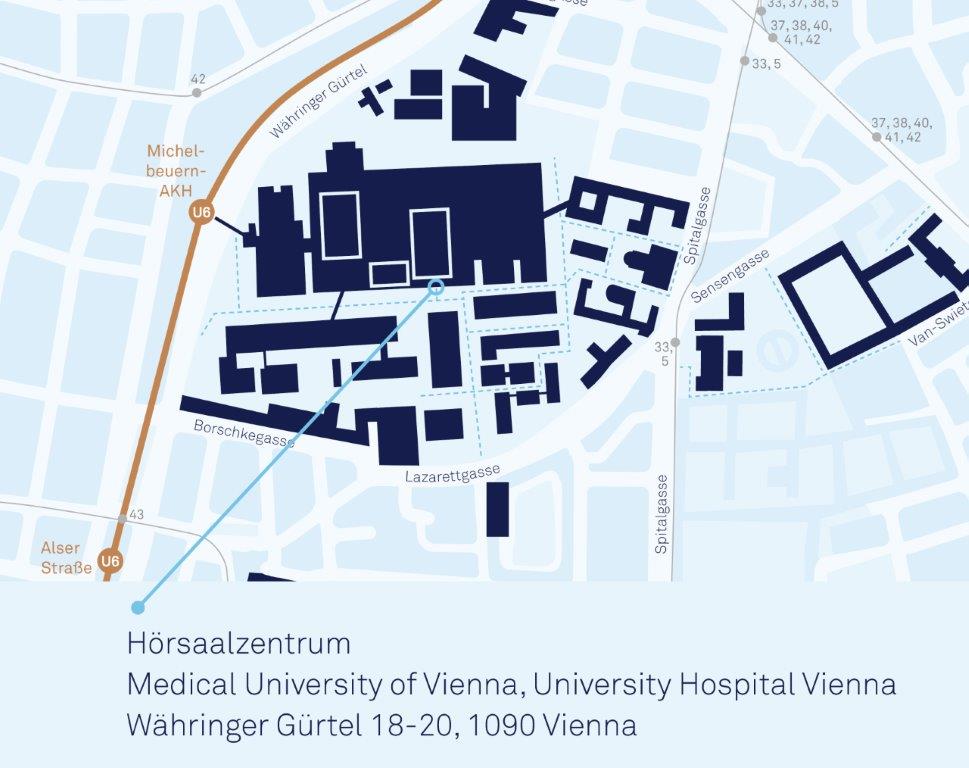Nobel Prize winner Katalin Karikó will come to MedUni Vienna to give a lecture on the progress made in mRNA research.

Katalin Karikó is a Hungarian-American biochemist who has contributed significantly to the development of the mRNA technology that forms the basis for Pfizer-BioNTech and Moderna's COVID-19 vaccines. Karikó received her PhD from the University of Szeged in Hungary and later worked at various prestigious institutions, including the University of Pennsylvania, where she collaborated with immunologist Drew Weissman. In 2023, Karikó was awarded the Nobel Prize in Physiology or Medicine together with Weissman.
Have you ever considered quitting?
When I was 16, I read a book by Hans Selye about stoic philosophy and how to deal with stress. Since then, my credo has been: I concentrate on what I can change. I experimented with how to package mRNA, optimize it to generate more proteins and saw progress. Genome research aims to change DNA. But most diseases are not genetic! It is enough for a therapeutic protein to be temporarily overexpressed to combat the symptoms. So, I focused on mRNA encoding proteins already present in the body. Unfortunately, I got demoted and terminated in my position. It was difficult, but not the end of the world.
How did RNA become your field of research?
It wasn't visionary, it was a coincidence! Even during my studies, I dreamed of working in a bio-research center. There was a vacancy in the lipid team. We used liposomes to transport DNA into cells. One day, the head of the RNA team asked: “Would you like to join us?” I said, “OK.” In 1977, the antiviral effect of small RNA molecules was discovered. That's when I realized that what I was doing was relevant.
RNA is fragile. Was that the biggest difficulty?
Exactly! The enzyme that cuts and degrades RNA is practically everywhere - on our skin, in our intestines, in our blood. After all, information contained in RNA can reprogram cells - the body protects itself against this. When I told others that I was working with RNA, they usually took pity on me! In 1990, the Human Genome Project started, and nobody talked about RNA anymore. The few RNA researchers left the field because they didn't get any funding. It was the same for me, but I carried on.
Covid-19 has made mRNA vaccines widely known.
Indeed! Many people heard about mRNA vaccines for the first time, although they had been tested long before against bird flu, Zika and rabies viruses and cancer, for example, and are very safe and effective. mRNA makes it possible to produce individualized cancer drugs in a very short time, mRNA is far cheaper than protein therapies.
Registration
Registration was closed due to high demand.
Site map

Hörsaalzentrum
Medical University of Vienna, University Hospital Vienna
Währinger Gürtel 18-20, 1090 Vienna
Kontakt
Medical University of Vienna
Spitalgasse 23, Rektoratsgebäude (Bauteil 88), Floor 00, Corridor 500
1090 Vienna, Austria